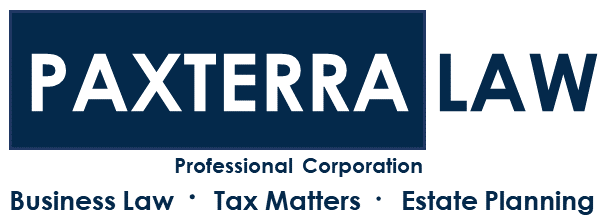ARTICLE:
Recently, we have been asked a lot of questions about the Rollover for Business Start-ups (or “ROBS”) by folks interested in starting their own businesses. This article is a very high level general summary of the pros and cons of the ROBS plan and it is very strongly recommended that you consult with a knowledgeable advisor before taking steps in this direction.
What is it?
In short, the ROBS allows a small business owner to use their 401(k), IRA, or other pre-tax retirement funds to start or buy a business without incurring taxes or early withdrawal fees. It offers an alternative from traditional lending in a bank by utilizing your retirement funds.
How does it work?
Looking at this from a high level, the ROBS plan is centered around the small business owner creating a C-Corporation that establishes a retirement 401(k) plan. Existing retirement funds are then transferred to the plan. These funds are then used to purchase the C-Corporation’s stock. The process is obviously more complex and involves a licensed plan administrator to make sure things are done correctly.
Advantages of the ROBS Plan
A small business owner can “invest” in their own business by using their retirement funds without a tax penalty, especially if you are younger than 59 and a half years old. Rather than starting from a traditional debt position, the small business owner can potentially make more profit and invest back into their own business. Additionally, profits from the C-Corp are taxed lower, but understand that small business owner in this category will need to pay themselves a W-2 wage and dividends distributed are subject to double taxation.
Consequences of the ROBS Plan
The U.S Bureau of Labor Statistics reports that about 1 in 5 U.S. businesses fail within the first year. The statistic rises to almost 50% when you reach the fifth year. Any number of reasons from workforce issues to financial limitations to owner burnout contributes to why it doesn’t succeed. Small business owners must face these statistics and understand that there is a significant risk of loss to one’s hard earned and built retirement funds.
While there is no increased risk of IRS audits, if one is administered, it requires significant documentation for the funding of the ROBS plan in addition to the operations of your business.
As a C-Corporation, you are also subjected to more formal business management requirements for documentation about decisions and justification for taking certain steps. If a small business owner has been operating in a less formal setting, such as a sole proprietorship, this can be disconcerting and overwhelming.
Lastly, there are additional costs to administering the retirement plan. While there are some owners who do it themselves, retirement plan administration is complex and requires adhering to very strict rules. It is strongly recommended that someone who undertakes a ROBS plan use a licensed administrator to stay within compliance.
Conclusions
Whether you are an existing business owner or aspiring entrepreneur, the consideration on whether to use retirement funds for a ROBS plan must be carefully done. If you need additional guidance with this process, please click on the link below to make an appointment with us.
All articles presented on this website are considered general information should not be construed as legal advice. No attorney/client relationship is established or intended from simply reading this article.
Address
1055 E. Colorado Blvd,
Ste 500
Pasadena, CA 91106
Phone
213.878.2628
advisor@paxterralaw.com
